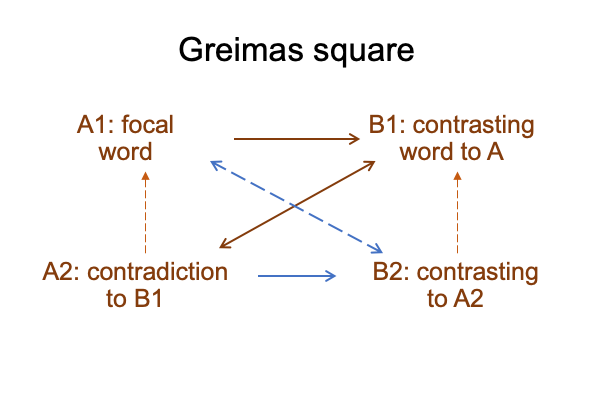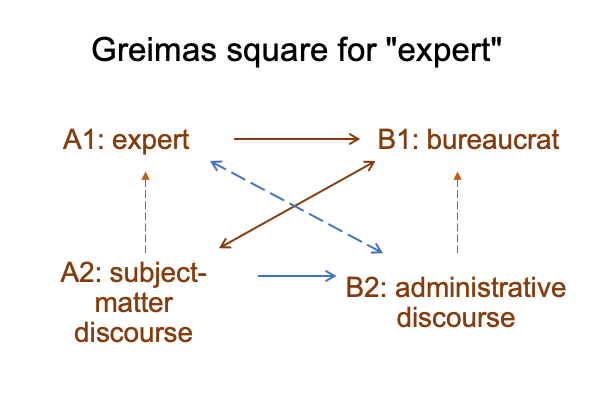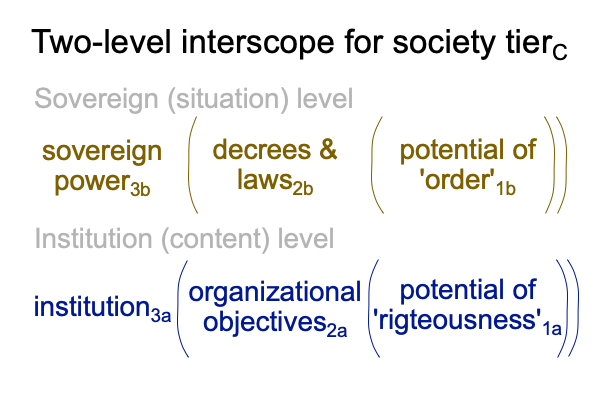0114 Our curent Lebenswelt is not the same as the Lebenswelt that we evolved in.
Cheers for an expanded range of inquiry for evolutionary psychology.
The three masterworks of Razie Mah offer a treasure trove for those interested in human evolution: The Human Niche, An Archaeology of the Fall, and How To Define the Word “Religion”.
These are all available as electronic books. Just search for the author’s name, Razie Mah, along with the title.
0115 A Course on the Human Niche is a series, available at smashwords and other e-book venues, containing the masterwork, a primer, and commentaries, including the following.
Comments on Clive Gamble, John Gowlett and Robin Dunbar’s Book (2014) Thinking Big
Comments on Steven Mithen’s Book (1996) The Prehistory of The Mind
Comments on Robert Berwick and Noam Chomsky’s Book (2016) Why Only Us?
Comments on Derek Bickerton’s Book (2014) More Than Nature Needs
Any literate adult can conduct a seminar class that reads and discusses these works.
0116 Another series, titled Buttressing the Human Niche, contains comments on articles and books on the topic of human evolution.
Here is a sample.
Comments on David McNeill’s Book (2012) How Language Began
Comments on David Reich’s Book (2018) Who We Are and How We Got Here
Comments on Christ Sinha’s Essay (2018) “Praxis, Symbols and Language”
Comments on Kim Sterelny’s Essay (2011) “From Hominins to Humans”
Comments on John Barrett and Krystalli Amilati’s Essay (2004) “Some Light on the Early Origins of Them All”
Comments on Stella Souvatzi, Adnan Baysal and Emma Baysal’s Essay (2019) “Is there Prehistory?”
These works may be purchased at smashwords and other e-book venues. They explore topics and demonstrate the practice of association and implication. They are ideal for throwing into an established study (or curriculum) on human evolution, in order to demonstrate the realness of triadic relations. Triadic relations are real enough to constitute a niche.
0117 Finally, the Razie Mah’s blog at www.raziemah.com looks at other publications. Each “looking at” blog consists of one to twenty parts. These may be used to spread the word, for enjoyment, discussion and erudition.
For example, the following appears in March 2021
Looking at Daniel Turbon’s Article (2020) “…Human Being in Evolution”
In May 2021
Looking at Chris Sinha’s Essay (2018) “Praxis, Symbol and Language”
0118 Currently, evolutionary psychology is narrowly practiced as an adjunct to cognitive psychology. Evolutionary psychology attempts to explain findings, models and evidence from cognitive psychology in terms of natural selection in the environment of evolutionary adaptation.
Now comes the Course on the Human Niche, Buttressing of the Human Niche, and other productions by Razie Mah,proposing that the ultimate human niche is the potential of triadic relations.
Yes, humans also evolve into very many proximate niches. But, all our proximate niches are bundled together by our ultimate niche. Proximate niches are like the various wooden rods bound together in the ancient Roman artifact called “religio”. This artifact serves as a metaphor for the human’s ultimate niche. Our ultimate niche binds all adaptations into proximate niches together.
0119 Professor Gad Saad’s book takes the reader outside of a narrow and closed practice of evolutionary psychology. However, since Saad does not know the hypothesis of the ultimate human niche, he cannot cross from complaining and demanding action to a wide-open practice of evolutionary psychology. Thus, he cannot fully comprehend what he is encountering in postmodern academics and elsewhere. He is moving towards a realization. It is just around the corner.
A wide-open evolutionary psychology examines our current Lebenswelt through the lens of adaptations accrued in the Lebenswelt that we evolved in.
That revolution in thought begins with Razie Mah’s masterwork, The Human Niche.



